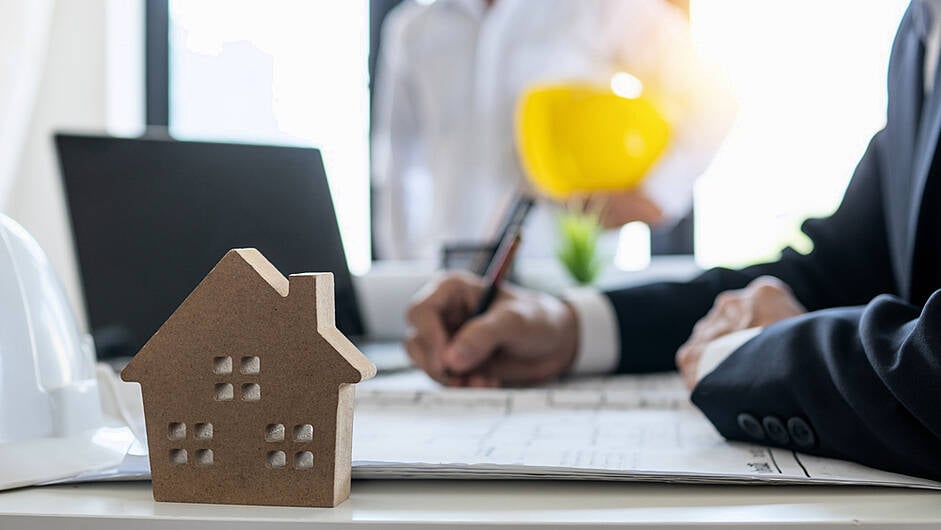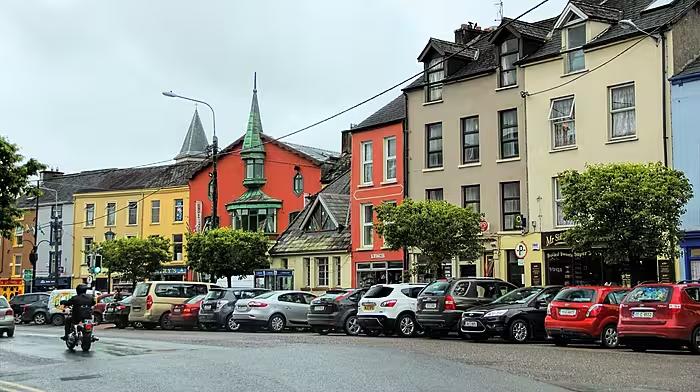Should I buy a house? Is it a good time to buy a rental property?
These are questions I am asked quite often.
The property market in Ireland appears to have weathered the pandemic. Property prices were predicted to fall but they have continued to rise. If purchasing a property most banks will require you to have at least a 20% to 25% deposit.
Now, however, many people looking at investing have most, or in some cases, the full price of the house resting in a deposit account earning little or no interest and this is driving them to investigate about purchasing rental property. People want to get some return on their money instead of it wasting away with inflation.
Purchasing a rental property could result in a steady income stream and a potential increase in equity in the property. Due to the short supply of rental properties, finding tenants should be easy.
Purchasing a property for €320,000 including stamp duty and other associated costs could result in a monthly gross income of €1,400 giving a gross return of 5.25%, not bad in comparison to the zero return for money on deposit.
However, we must review all the work that is involved when renting property aside from the obvious maintenance work and dealing with tenants.
Rents received from these rental residential properties are subject to income tax, PRSI and universal social charge and must be declared in the person’s annual tax return.
Expenditure such as repairs, maintenance, insurance, management fees etc are deductible against this rental income in arriving at the taxable amount.
Expenditure on fixtures, fittings and equipment are deemed to be capital items and are allowable at a 12.5% rate per year over an eight-year period against rental income.
For example, a washing machine costing €400 purchased for use in a rental property will be allowable at a rate of 12.5% a year ie €50 a year for eight years. Interest on bank borrowings used to purchase, improve or repair these properties will be allowed as a deduction for tax purposes against rental income.
The property must be registered with the Residential Tenancies Board (RTB) to be eligible to claim relief on interest paid on loans relating to rental properties.
The RTB was established to operate a national tenancy registration system and to resolve disputes between landlords and tenants.
All landlords of residential properties must register all tenancies with the RTB under the Residential Tenancies Act 2004.
In the Finance Act 2017 an incentive was introduced to encourage people with vacant residential properties to make them available to the rental market.
This applies to pre-letting expenses of a revenue nature incurred on a property that has been vacant for a period of twelve months or more, its first letting must be during the period December 25th 2017 to 31st December 2021.
Rent a room relief is a useful relief to be aware of, as you can earn up to €14,000 gross rental income (the gross income is the total income before you deduct expenses) from letting out a room in your main residence without paying income tax, PRSI or USC.
This income still must be declared on your income tax return and the exemption claimed.
If the rent received exceeds the exemption limit of €14,000, the total amount of income is taxable.
You cannot claim the relief against income received for the use of the room(s) from: your child or civil partner; an employer; an employee; short-term guests, including those who book accommodation through online booking sites.
The relief can also apply to letting a room in your private residence to students in an academic year or term.
The rented room, or rooms, can be a self-contained unit within the house, such as a basement flat or a converted garage.
If this unit is not attached to the property, it cannot qualify for the relief.
If you require any further information or advice, please contact myself, or one of my colleagues, at any of our FDC offices.
• Ann Marie Hurley is an accountant with FDC Accountants at 4 Patricks Quay in Bandon.







